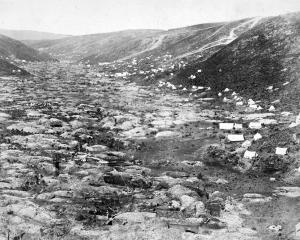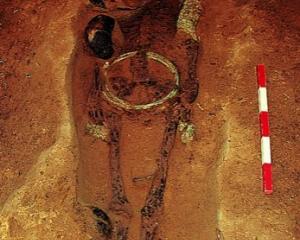
Public speakers can sometimes experience such a severe case of nerves they wish they could just disappear.
However, that is an outcome seven researchers from the University of Otago, who are representing the cream of the institute's best research programmes, say is unlikely to happen when they speak at Parliament today.
Dr Robert Thompson would like to be able to disappear when it is his turn to speak to MPs - the science of invisibility and cloaking devices is his area of expertise and such a trick would certainly make the most compelling example of his research.
"I always get a taste of the nerves. But I'm not expecting any more than normal," he said at the university's centre of innovation, yesterday.
Dr Thompson is among a group of seven researchers chosen to pitch their topics to MPs today, as part of the university's O-Zone programme.
The O-Zone Group represents the top work from the university's mid-career research fellows, selected from more than 30 programmes, convener Dr Jacob Edmond said.
Dr Thompson, who obtained a Phd in theoretical physics after studying the quantum fluctuations of black holes, is part of a collaborative research effort into the emerging field of transformation optics, the mathematics behind cloaking and invisibility devices.
He will be joined by human nutrition senior lecturer Dr Anne-Louise Heath, dental school researcher Dr Jonathan Broadbent, and tourism and geology postdoctoral researcher Dr Caroline Orchiston.
Also presenting their research are psychology senior lecturer Dr Dione Healey, newly appointed physiology lecturer Dr Peter Jones and anatomy lecturer Dr Elspeth Gold.
Dr Edmond said today's presentation at Parliament would illustrate the value of taxpayer-funded research projects being developed at the university.
The researchers were leaders in their fields and their projects could "be worth millions of dollars" to New Zealand if they were developed further.
"These ideas have the potential to save lives and also increase the quality of life for New Zealanders." The research findings could have big implications for future developments in the areas of public policy and private commercialisation, Dr Edmond said.











